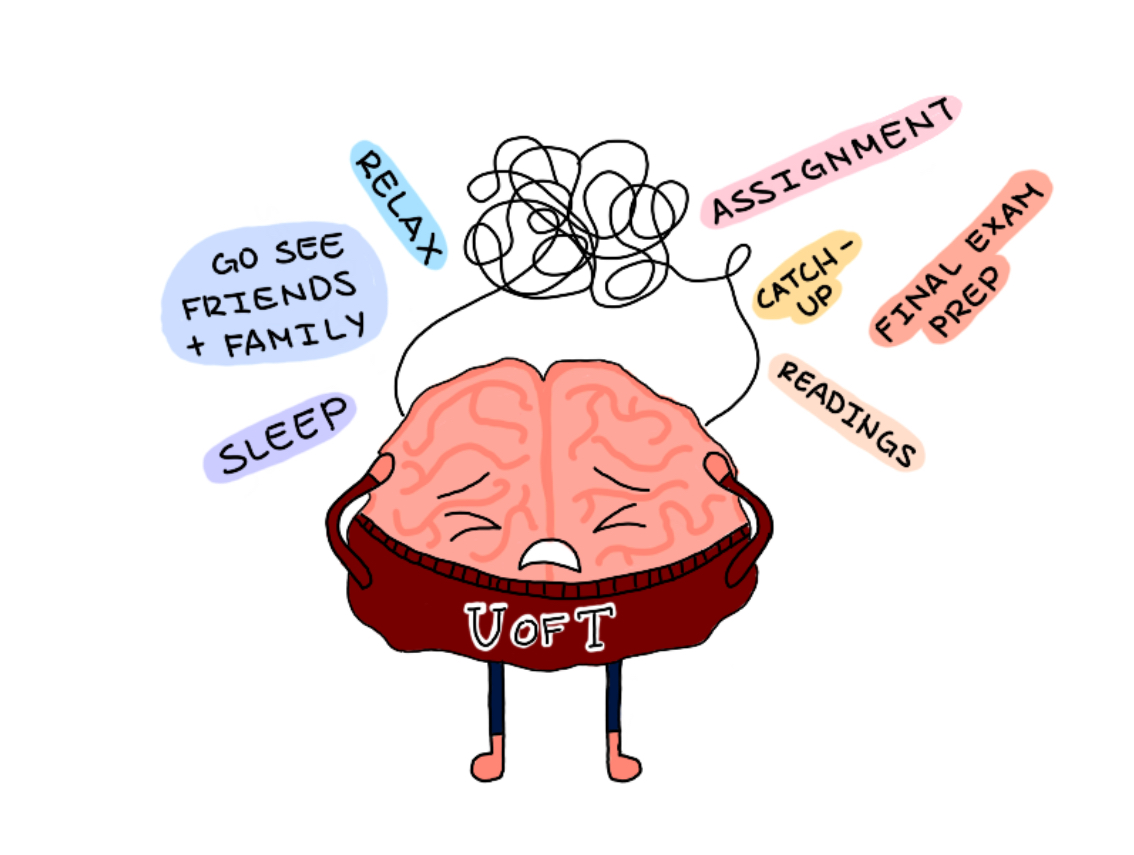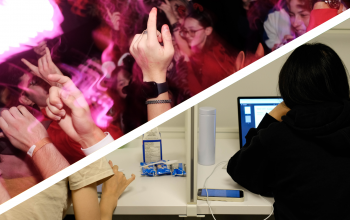Photo Credit: Aaron Burden, Upsplash
How should U of T students use reading week?
Catherine Amoguis, Associate Opinion Editor
After two hectic months of classes and extracurriculars, reading week becomes the period to relax and reflect on the halfway mark of the semester. Some students even use their break to travel back to their hometown or go on a vacation miles away from Toronto. As a third-year commuter student, I certainly appreciate the extra time to work on assignments in the comfort of my own home.
The goal of “perfect” students is to begin any upcoming projects or essays and catch up on any outstanding readings they missed due to their busy schedules. This academic pressure during reading week usually stems from the upcoming final stretch of the semester. After reading week, assignment and project deadlines will begin trickling in. Truthfully, I have succumbed to this type of academic pressure in the past. I am far from that “perfect” student during this time — rarely getting work done for my classes, besides a single reading here and there.
My initial enthusiasm in first year was to continue my regular work and school schedule. This consisted of setting a strict study schedule and having high expectations for all my readings to be finished by the end of the week. More likely than not, I was setting myself up for failure, a rabbit hole of self-disappointments. I eventually would miss my goal, making me feel both guilty for not completing the tasks and tired the week after.
Certainly learning from that experience, it feels truly impossible to continue the discipline of a long academic grind after an opportunity of rest is handed to you. I figured that during my third year, balance during reading week is the way to go — mixing both productivity and rest. Although exam season is upon us, there is no rush to complete everything at once.
I have gotten better at being productive during reading week throughout the years by shifting my mindset. I focus my time on continuing a rounded, productive schedule rather than just forcing myself to do an overbearing amount of schoolwork. Productivity can be subjective and may mean many things for different people. That said, my 2023 fall reading week was mostly spent on leisure. I spent the first half of my week making plans with friends and family where I absolutely did not think about work. I reserve myself a day or two of rest where all I do is lay on my bed and follow no certain strict routine.
The second half of my reading week I actually balanced some of my time by going to the Hart House Fitness Centre, my Work-Study tasks, and studying at my current favourite library spot: the second floor of E.J. Pratt. I made it a goal not to put pressure on myself to do every assignment and reading at once. Despite many more assignments due on my list, I prioritized on completing one project that was the most difficult for me to start. I found that this was a better method to spread my time. You definitely know you had a successful reading week when you feel refreshed to head back to campus and to whatever your schedule brings.
Unplugging from academics during reading week ultimately reaps mental benefits,
avoiding burnout from the weeks leading up to exam season. Having a constant reminder that having leisurely time for yourself, family, and friends should also be considered productive in itself. Reading week is created by the university to catch up on readings and assignments. As U of T students, it is completely acceptable to spend this time however we deem fit. Put your mental health first!




